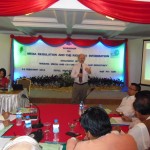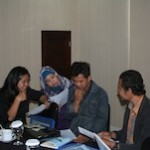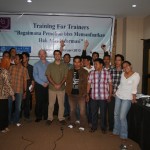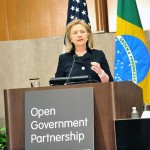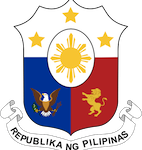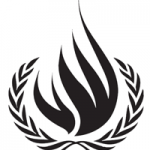 Centre for Law and Democracy (CLD), the International Federation of Journalists (IFJ) and Lawyers’ Rights Watch Canada (LWRC) are pleased to note that Mam Sonando, a Cambodian broadcaster who had been detained for exercising his right to freedom of expression, has been released. He was released only after spending eight months in prison.
Centre for Law and Democracy (CLD), the International Federation of Journalists (IFJ) and Lawyers’ Rights Watch Canada (LWRC) are pleased to note that Mam Sonando, a Cambodian broadcaster who had been detained for exercising his right to freedom of expression, has been released. He was released only after spending eight months in prison.
At an Appeal Court hearing on 14 March 2013, at the prosecutor’s request, the more serious charges against Mam Sonando, namely insurrection and incitement to take up arms against the State, were dropped, while charges of obstruction of officials and unlawful interference in the discharge of public functions were maintained, and a charge of and occupation of forestry land was added. The Appeal Court cut his sentence to five years, suspended the remainder of his sentence, but placed him on probation for three years. The probation may place Mam Sonando at heightened risk of further arbitrary detentions for peacefully exercising his right to freedom of expression.
We believe that the charges against Mam Sonando were politically motivated and unsubstantiated, as we made clear in a letter to His Excellency, Prime Minister Hun Sen on 5 October 2012 (available at: http://www.law-democracy.org/live/media/letters/).
Mam Sonando is the owner of one of Cambodia’s few independent radio stations and has been a prominent critic of the Cambodian government. His arrest was announced last July, the day after he appeared at the International Criminal Court to make a presentation to the Office of the Prosecutor on behalf of the Khmer People Power Movement on alleged crimes against humanity by the Cambodian government. Mam Sonando had been arrested twice before on spurious, politically motivated charges, both times after publicly criticising the Cambodian government.
We call on the Government of Cambodia to request that Mam Sonando be pardoned in relation to all charges. We also call on the government to respect the right of everyone, including those who criticise government, to freedom of expression.




